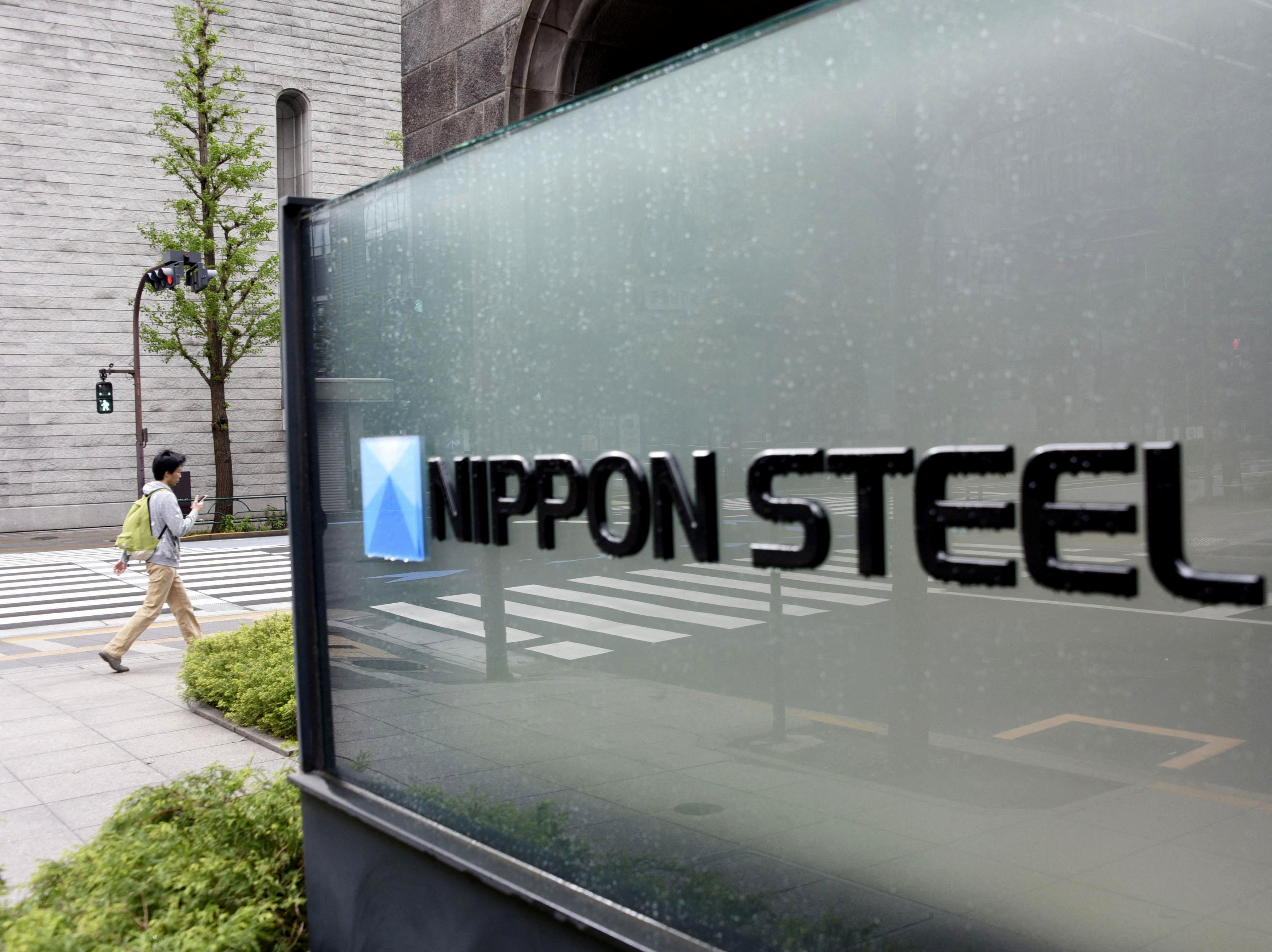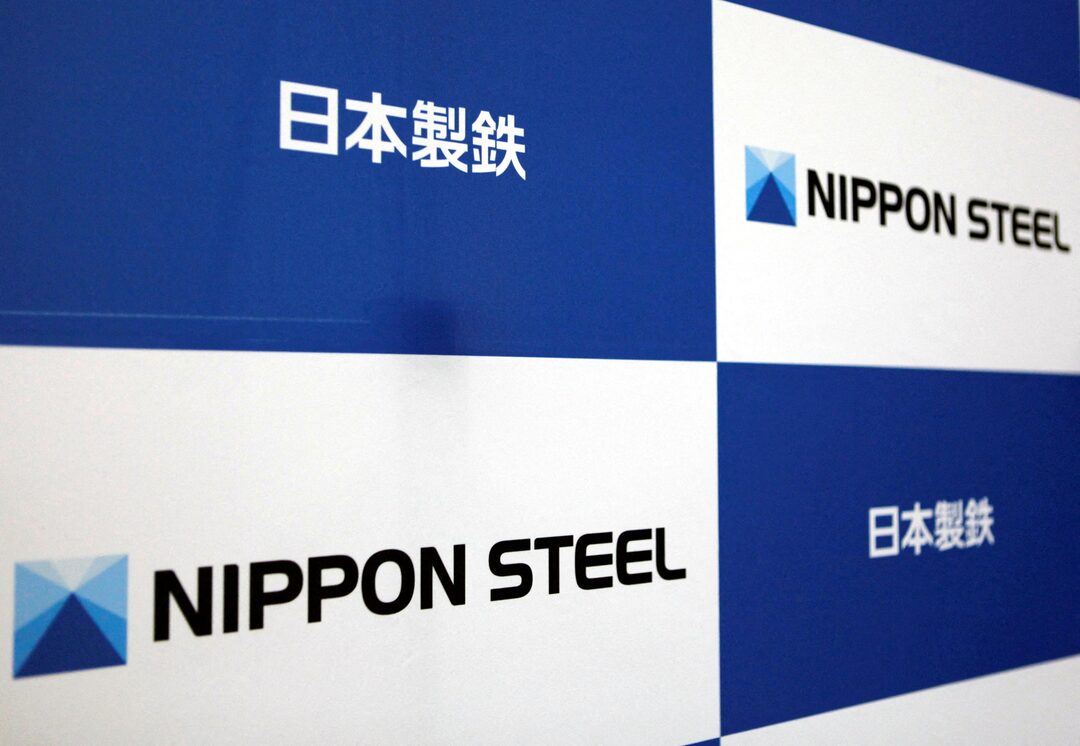The recent acquisition of U.S. Steel by Japan-based Nippon Steel has granted President Donald Trump extraordinary powers that threaten American workers and the integrity of our economic system. Under the newly established "golden share" agreement, Trump can unilaterally influence major corporate decisions, creating a dangerous precedent for corporate governance and national security.
Trump"s Unprecedented Corporate Power
The golden share agreement, detailed in filings with the U.S. Securities and Exchange Commission, allows Trump to appoint a board member and veto critical business decisions. This includes decisions about capital investments, facility closures, and job relocations. As reported by AP News, this level of influence is unprecedented for a sitting president and raises significant concerns about the balance of power in corporate America.
Workers at Risk of Job Loss
While Trump touts the deal as a partnership aimed at revitalizing U.S. Steel, the reality is grim for workers. The combined entity will become the world’s fourth-largest steelmaker, yet the path to modernization may come at the expense of American jobs. With Nippon Steel planning to invest $11 billion into upgrading facilities, there is no guarantee that these improvements will translate to job security for U.S. workers. Many fear that modernization often leads to automation, further endangering jobs.
\n\n
US Steel CEO confident Nippon Steel deal will close "on its merits ...
National Security Concerns Ignored
The acquisition was initially stalled due to national security concerns, with opposition from labor unions like the United Steelworkers and former President Joe Biden. However, Trump’s about-face on the deal raises eyebrows about the motivations behind it. The agreement, effective June 13, outlines that control reverts to federal departments under future presidents, yet current wording gives Trump a personal stake in critical business decisions. Such a move undermines the spirit of public accountability and raises questions about who truly benefits from this deal.
Corporate Influence Over Policy
This golden share arrangement symbolizes a troubling trend where corporate interests align with political power. Trump’s influence extends beyond just U.S. Steel; it sets the stage for future administrations to follow suit, effectively eroding the boundaries between government and corporate power. Analysts point out that this could serve as a model for other deals, potentially allowing future presidents to exert similar control over private enterprises, which could have dire implications for democratic governance.
\n\n
Investors see US politics delaying Nippon Steel"s U.S. Steel ...
The Broader Implications for Democracy
As the U.S. moves toward greater corporate consolidation, the implications for democracy and worker rights are severe. The inability of labor unions to effectively negotiate against corporate giants, combined with a political landscape increasingly dominated by corporate interests, threatens the very fabric of our economic rights. In a nation where the average worker is already struggling, this acquisition risks exacerbating inequality and undermining hard-won labor protections.
This situation is a call to action for progressives and workers alike. Advocating for transparent policies and holding our leaders accountable is crucial in this era of corporate rule. If we allow this trend to continue unchecked, we may witness an irreversible shift in power that could dismantle decades of progress in labor rights and economic justice.



![[Video] Gunfire between Iraqi security forces and Sadr militias in Baghdad](/_next/image?url=%2Fapi%2Fimage%2Fthumbnails%2Fthumbnail-1768343508874-4redb-thumbnail.jpg&w=3840&q=75)
